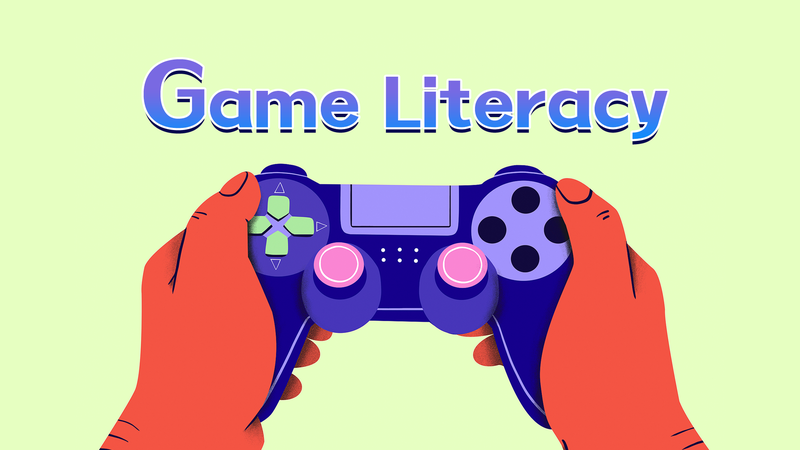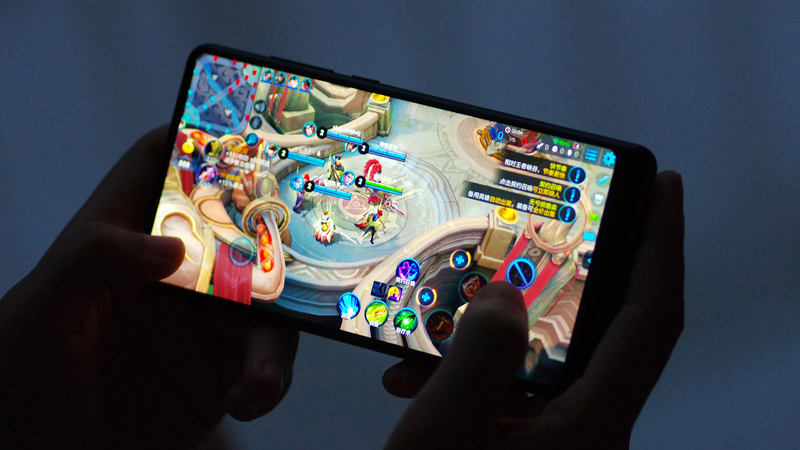Ever opened a mobile game "just for 5 minutes"… then blinked to find your afternoon gone? 😅 You’re not alone. China’s 670 million gamers are part of a "mega-gaming society" where apps shape how we learn, work, and even save the planet. But scholar Dr. Felania Liu warns: "We speak the language of games, but few understand its grammar."
What Is Game Literacy? 🕹️
It’s not about being a pro gamer! Think of it like media literacy for the Fortnite generation. Game literacy means understanding how apps use:
- 🏆 Points & streaks (hello, Duolingo!)
- 📈 Leaderboards (looking at you, workplace KPIs)
- Hidden economic models (why free games aren’t really free)
Why It Matters IRL 🌏
From food delivery drivers chasing "rush order bonuses" to students grinding study apps, game mechanics now drive real-world behavior. "Without game literacy, we’re lab rats in a dopamine experiment," says Dr. Liu. Her research at Beijing Normal University’s Homo Ludens Archive shows how gamification blurs virtual rewards and real-life priorities.
💡 Pro tip: Next time an app dings, ask: "Is this serving me, or am I serving its algorithm?" Stay tuned for Part 2 on games as cultural bridges! 🌉
Reference(s):
cgtn.com








